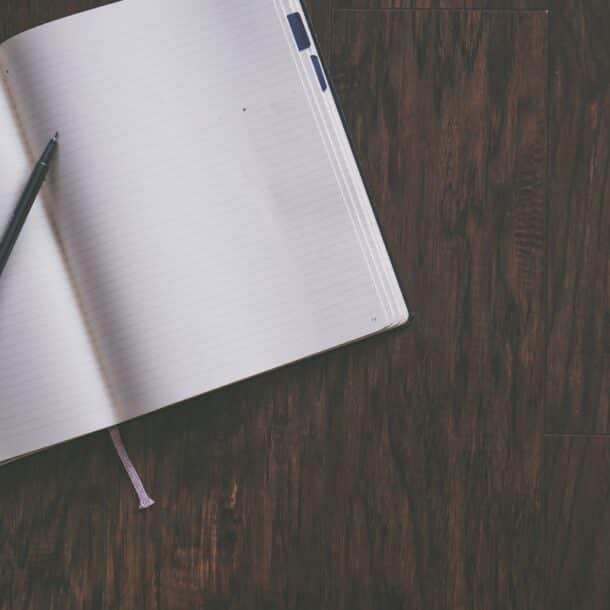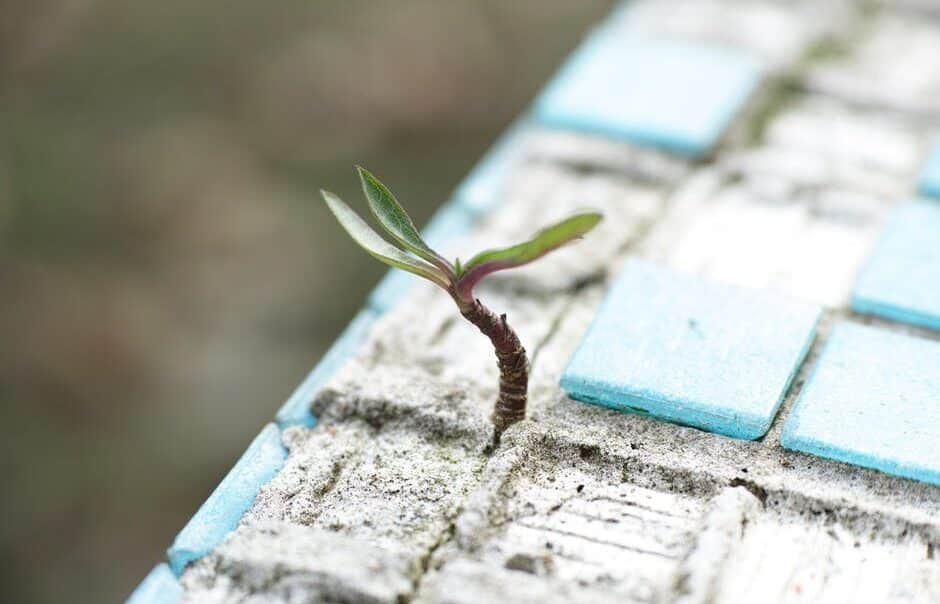
What are the Alcoholics Anonymous 12 Steps?
For those struggling with alcohol addiction, a common form of therapy is attending Alcoholics Anonymous (AA). AA utilizes a 12-Step program and group sessions to face alcohol addiction. This has been a proven method to help those struggling with alcohol and can be a great tool for recovery.
AA was founded in 1935 by Bob Smith, also known as Dr. Bob, who was an American physician and surgeon along with Bill Wilson. Over the years, AA has changed and evolved to provide help to all those that seek it. While many things had changed from when AA was first founded, it still follows a 12-Step program.
What Is a 12-Step Program?
As the name suggests, a 12-Step program follows 12 powerful steps that will help guide you through your recovery journey. So what are the Twelve Steps? The Twelve Steps of AA are:
- We admitted we were powerless over alcohol and that our lives had become unmanageable
- We came to believe that a power greater than ourselves could restore us to sanity
- Made a decision to turn our will and our lives over to the care of God as we understood Him
- Made a searching and fearless moral inventory of ourselves
- Admitted to God, to ourselves, and to another human being the exact nature of our wrongs
- Were entirely ready to have God remove all these defects of character
- Humbly asked Him to remove our shortcomings
- Made a list of all persons we had harmed and became willing to make amends to them all
- Made direct amends to such people wherever possible, except when doing so would injure them or others.
- Continued to take personal inventory and, when we were wrong, promptly admitted it
- Sought through prayer and meditation to improve our conscious contact with God as we understood Him, praying only for knowledge of His will for us and the power to carry that out
- Having had a spiritual awakening as the result of these steps, we tried to carry this message to alcoholics and practice these principles in all our affairs.
In these steps, the mention of God can also be substituted with whatever higher power you choose. AA has grown and progressed; during meetings, you simply replace God with your higher power. While the Twelve Steps are commonly seen as something associated with AA, they can still be applied to other areas of substance use.
Not all 12-Step programs follow the same steps and can vary slightly depending on the program. However, through the use of a 12-Step program, there are proven positive outcomes.
The Importance of Group Sessions
Another major part of AA and its 12-Step program is group support sessions. Group meetings are beneficial to not only you but others as well. This allows people of all stages of recovery to share their experiences, struggles, and emotions. Sharing in a group can help others build connections through shared experiences. Although this may not happen immediately, it can occur over time throughout different stages of development in group meetings.
The stages of development in group meetings start with members being uncertain or untrustworthy of one another. However, throughout the process of attending more meetings, the group will eventually build trust and become more willing to share their own experiences. Along with building trust in others, group meetings can also help you build a support system. Having people who understand what you are going through can help you feel like you are not alone.
Among all the therapy programs Healing Pines Recovery has to offer, we do provide individuals with the opportunity to engage in group therapy sessions.
What Is a Sponsor and What Do They Do?
When working a 12-Step program, there can be mentions of a sponsor; but what is a sponsor, and what do they do?
In Alcoholics Anonymous, a sponsor is an individual who has worked all Twelve Steps. They provided support and guidance for those newer to AA. The main goal of a sponsor is to show you support, help you work the Twelve Steps, and guide you through difficult times.
Choosing the right sponsor for you is a crucial part of an AA program. This person is typically someone you meet at a group meeting and feel a connection to. In addition, your sponsor should be someone you trust and that you feel you can go to when experiencing feelings of relapse.
Although our alcohol rehab in Colorado is not a 12-Step program, we use the Twelve Steps components. Along with elements of the Twelve Steps, Healing Pines Recovery uses a holistic approach by treating the mind and body. Whatever you are seeking treatment for, Healing Pines Recovery is here to help guide you through the process and provide you with individualized care.
For those struggling with an addiction to alcohol, a common form of therapy is going to Alcoholics Anonymous. This type of treatment utilizes a 12-Step approach to help guide you through the recovery process. This approach to recovery has been used since 1935 and is a great way for those struggling to find a community.
Through the use of group sessions, a 12-Step program allows connections to be built through shared experiences. While Healing Pines Recovery is not a 12-Step program, we do employ some elements and holistic approaches.
If you are seeking help for alcohol addiction and identify as male, reach out to Healing Pines Recovery today at (720) 575-2621.
Paul Leafstedt
Paul was born and raised in the beautiful state of Colorado. He went to college in California at CAL Poly Pomona, majoring in Mechanical Engineering. Being a person in recovery and always finding fulfillment in helping others succeed, Paul co-founded a treatment center in California with 4 other partners. Paul came back to Colorado to continue his journey in the field of addiction, and to share his vision for Healing Pines Recovery. “Colorado is such a magical place for me, its natural beauty and peace lend itself for the perfect environment to connect with yourself and others. Healing Pines is different, it’s real, you can feel it. What you see is what you get here. This is a safe place to dig deep and be vulnerable, to re-discover yourself, what the world has to offer and what you have to offer the world.”Begin Your Journey & Escape Addiction
The first step can be the hardest. Fill out the form or call us at (720) 575-2621. You will be connected with a Healing Pines Recovery specialist who can answer your questions and help you get started.
Let Us Help You
Speak to Someone Right Now







